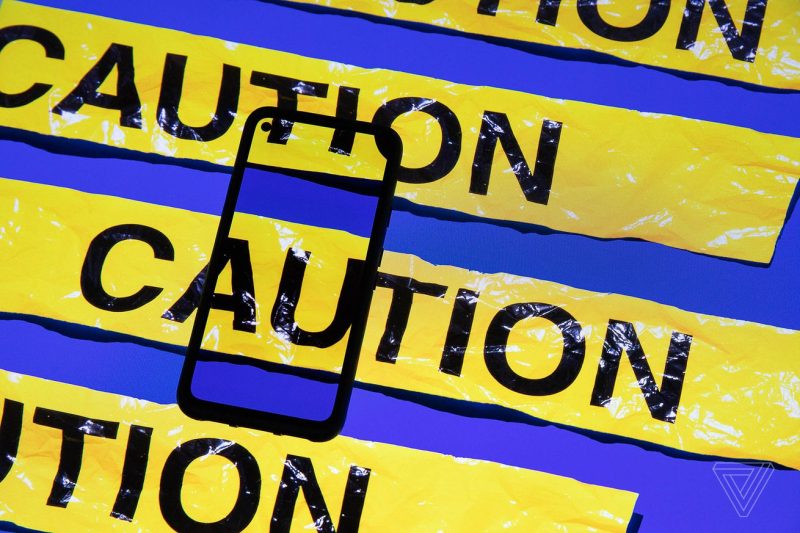In recent news, it has been reported that AT&T paid a hefty sum of $370,000 to a hacker in exchange for the deletion of stolen customer data. This incident sheds light on the growing threat of cybercrimes and raises questions about the ethics and implications of such actions.
This payment to a hacker brings up an ethical dilemma regarding the practice of paying ransoms to cybercriminals. While companies may see it as a quick solution to recover stolen data, it also sets a dangerous precedent. By capitulating to hackers’ demands, it may encourage further attacks and embolden cybercriminals to target other organizations.
Furthermore, by rewarding hackers with a substantial sum of money, it can be seen as legitimizing their criminal activities and potentially fueling the growth of the underground cybercrime economy. This could have far-reaching consequences beyond just the particular incident, as it may incentivize others to engage in similar criminal behavior for financial gain.
Moreover, the decision to pay off hackers raises concerns about transparency and accountability. Companies have a responsibility to safeguard customer data and mitigate cybersecurity threats. However, by opting to negotiate with hackers behind closed doors, they may be undermining the trust and confidence of their customers and stakeholders.
In addition, the reported payment of $370,000 brings into question the effectiveness of AT&T’s cybersecurity measures and incident response protocols. It highlights the vulnerabilities that exist within even well-established companies and serves as a wake-up call for organizations to invest more resources in cybersecurity and data protection.
Overall, the incident involving AT&T and the payment to a hacker underscores the evolving landscape of cybersecurity threats and the need for companies to adopt proactive measures to prevent and respond to cybercrimes. It also opens up a broader discussion about the ethical considerations surrounding ransom payments to hackers and the implications for data security and privacy in the digital age.

